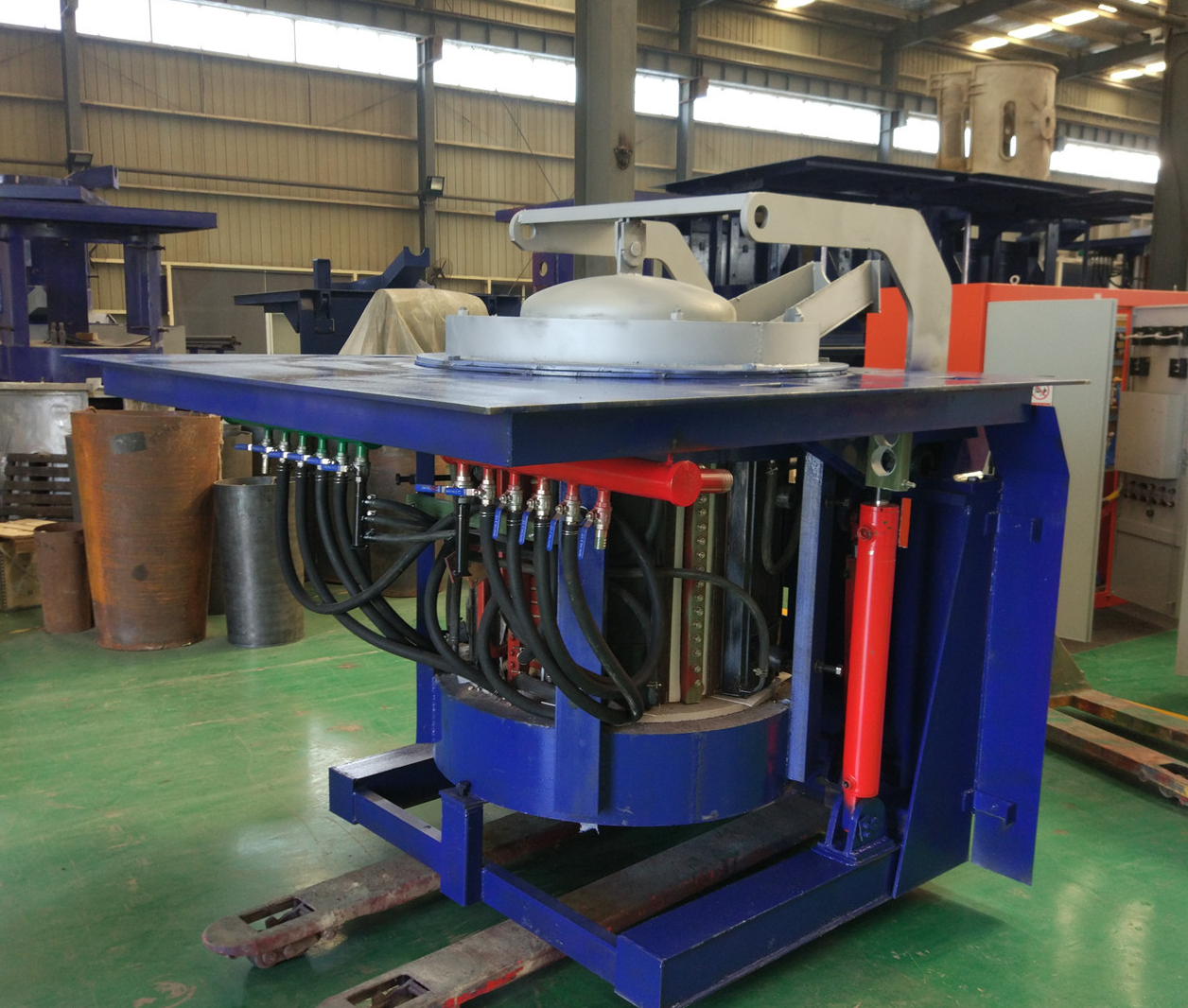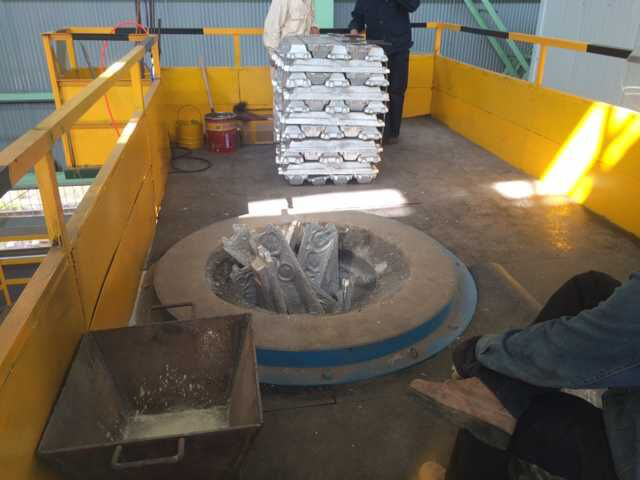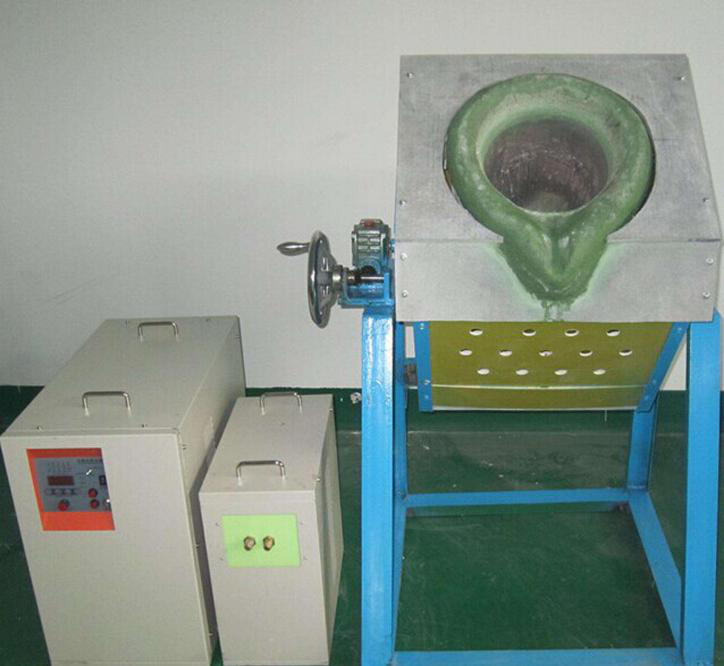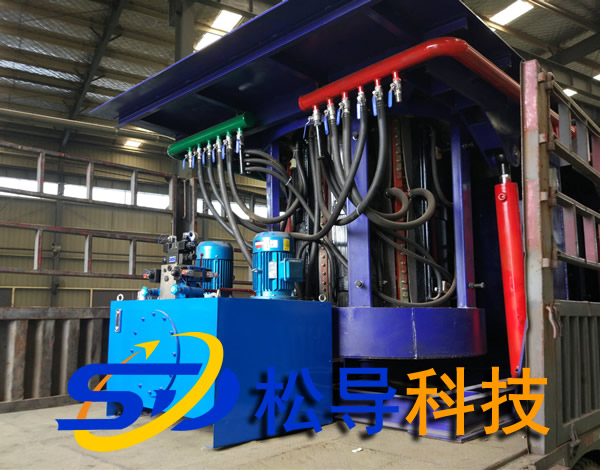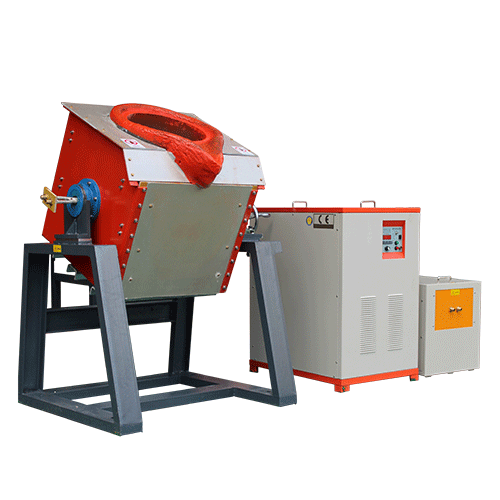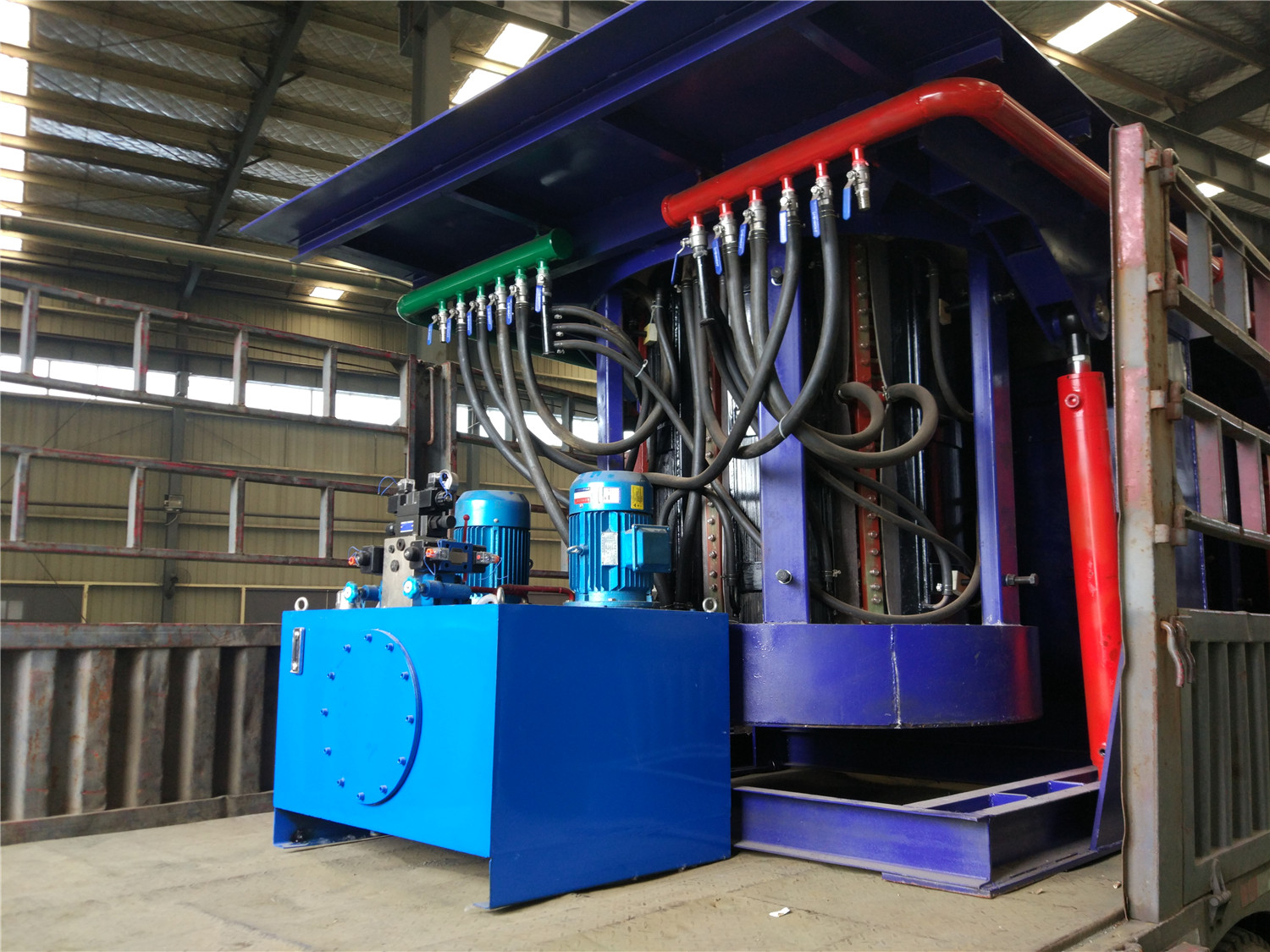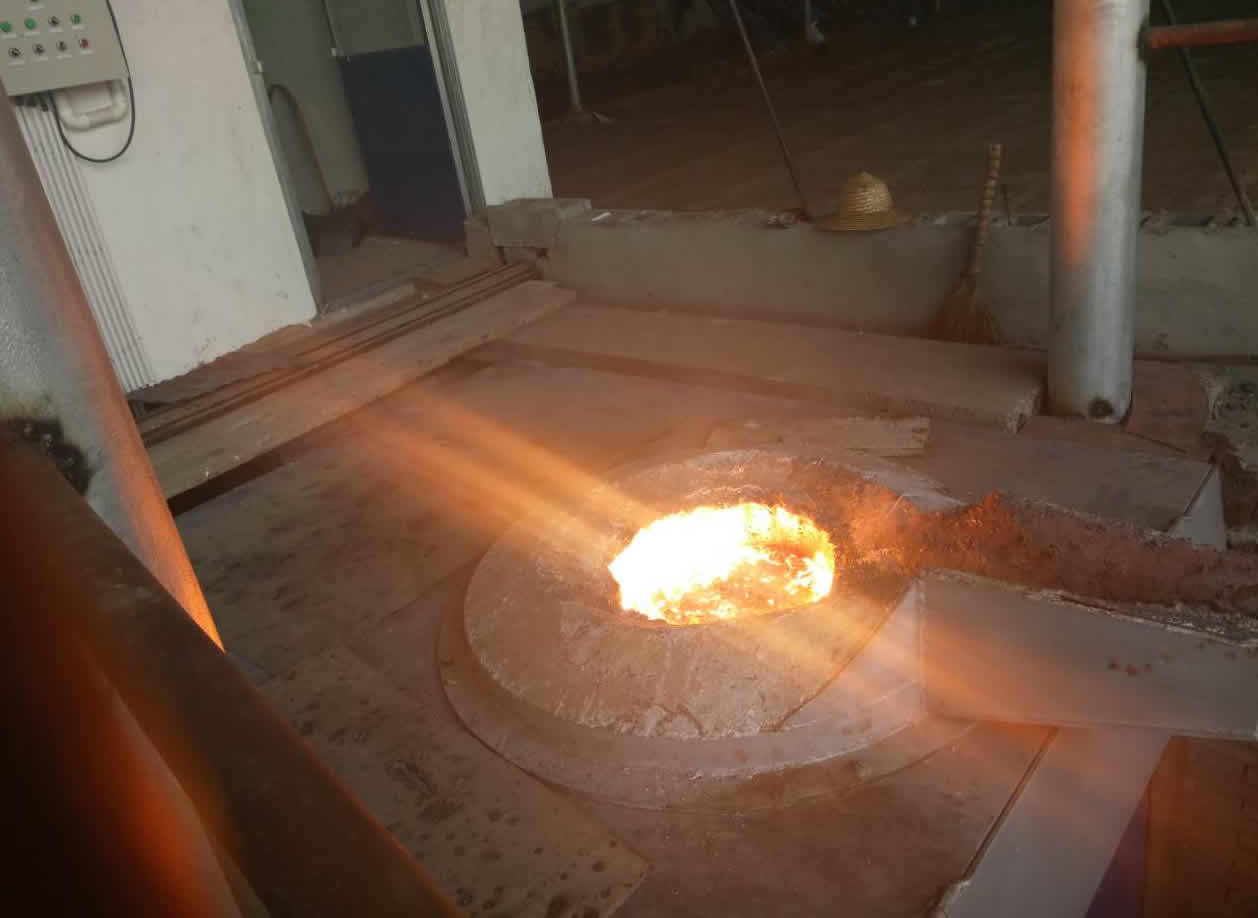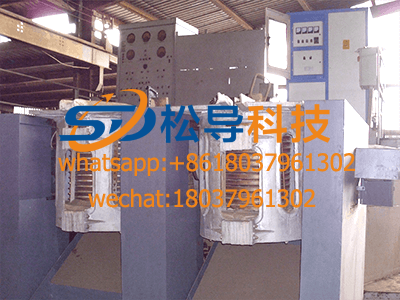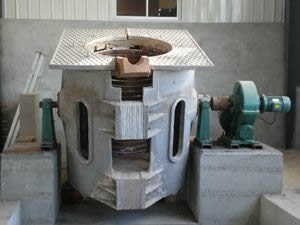1、Medium frequency electric furnace flue gas
The project has set up 3 sets of 3T medium frequency induction furnaces, with a single production area of 6mX12mx3m and an annual production capacity of 500,000 tons. A gas collecting hood is arranged above each of the three intermediate frequency electric furnaces. The collected flue gas is connected through a pipeline and enters a bag filter for treatment. The air volume is about 30,000 m3/h, and the dust removal efficiency of the bag filter is 99%. The exhaust gas is discharged through a 15m exhaust pipe. According to the analogy, the concentration of particulate matter is 300mg/Nm3, and the production rate is 2.4kg/h. After treatment by bag filter, the concentration of particulate matter is 3mg/Nm3, and the emission rate is 0.024kg/h, which meets the “air pollutants of industrial furnaces and kiln”. Emission Standards (DB13/1640-2012) Table 1 new furnace kiln emission limit requirements, namely: particulate matter ≤ 50mg / m3, less impact on the surrounding atmospheric environment.
2、Water environmental impact analysis
The intermediate frequency electric furnace cooling circulating water is a closed-loop countercurrent cooling tower, which covers an area of 3200mm×1780mm×3350mm circulating pure water and does not require environmental protection equipment. The wastewater is mainly used for washing and sterilizing wastewater of employees, and all of them are used for dust suppression in the plant area, and are not discharged. There is no waste water discharge in the whole plant.
In order to prevent pollution of groundwater, this technical transformation project will carry out regional anti-seepage for the plant area. The specific measures are as follows:
The cement in the plant area is hardened except for the greening land
The production workshop and the warehouse are all three-layer anti-seepage measures: that is, compacting the three-soiled soil of not less than 30cm in the bottom layer, paving 100mm thick concrete, and then hardening with 200mm thick high-strength concrete, the permeability coefficient is ≤10-7cm/s ;
The waterproof toilet adopts vertical and horizontal seepage control, the bottom is tamped with Sanhe soil, the bottom and four walls of the pool are constructed of impervious concrete, the thickness is not less than 15 cm, the permeability coefficient is ≤ 10 ~ (-7) cm / s;
The walls and skirt angles of the impermeable room of the dangerous waste temporary storage room are treated with trunked earth, then laid geomembrane, hardened with cement, and connected with the ground impervious layer to form a whole. The bottom layer is compacted and leveled with 300mm clay layer (protective layer, which acts as an auxiliary impermeable layer). The HDPE-GCL composite impervious system (2mm thick high density polyethylene film, 300g/m2 geotextile bentonite cushion) was laid on the clay layer, and the corrosion resistant concrete 15cm (protective layer) was added to the upper layer to prevent the seepage. The equivalent clay impervious layer Mb ≥ 6.0 m, the permeability coefficient ≤ 10-10 cm / s. On the basis of the above analysis, after taking the above measures, The project will not have a significant adverse impact on the regional water environment.
3、Acoustic environmental impact analysis
The main noise source is the mechanical noise produced by intermediate frequency electric furnace equipment, and the noise level is 60-85dB (A). By taking measures such as sound insulation, basic vibration reduction and greening of the factory area, and after the distance attenuation, the noise of the factory boundary can meet the requirements of the three kinds of standards (GB12348-2008): nocturnal ≤ 65dB (A), ≤ 55dB (A). In the daytime.
4、Solid waste impact analysis
Engineering solid waste is mainly electric furnace slag, dust removal device collected dust, and domestic waste. The slag produced by the electric furnace is 15 t / a, the dust collection and dust removal rate of the electric furnace smelting cloth bag dust collector is 3.6 t / a, and this part produces solid waste and is sold as building materials after collection; the production of domestic waste is 6 t / a, and the garbage can is set up in the factory area, after unified collection, it will be disposed by the sanitation department.

